When you share, you feel you matter enough for someone to want to know your story; everyone needs to share.
Sharing: How much? When? What? Why? With who? Etc.…etc.…
It seems like the answers to these questions should be so simple, so why do so many of us struggle with them?
Studies show:
I’ve read a lot of studies touting the therapeutic benefits of sharing your stories. However, the same studies warn of the detrimental effects of sharing those same stories with the “wrong” people, at the wrong time, etc.…
I’ve read about the physiological changes that necessarily take place in our brains when we “remember” a certain event. Apparently, each time we remember an event, our brains automatically fill in any missing/forgotten/fuzzy pieces with “something that works”, i.e. something that confirms our preexisting belief. We move on continuously noticing things that reinforce these beliefs. To make things worse, each time we remember that event, we are really only remembering our last memory of it…still with me? Our memories of these events effect our feelings about them, and that effects who we are today. Based on that alone…I can definitely see that one obvious benefit of telling your story would be that someone else could help you verify the facts later on.
Some studies have shown how sharing stories helps satisfy our intrinsic need for connection. It makes sense, when you are with someone who knows a lot about you, you generally feel a greater sense of connection with them. They know the real you and they’re still hanging out with you; that’s reassuring and probably relaxing. It’s as if just by sharing your stories with another person, the two of you now share some common history. Even though you didn’t live through the actual event together, you relived it and allowed them to share in that experience; they are now somehow connected to that part of your life as well as the present. When someone shows an interest in listening to your stories, they’re telling you they are curious about you, they want to know more. This can be incredibly validating for you as a human being.
Social Media:
Sharing leads to feelings of connection, from which comes the feeling “I matter”. When you feel you are part of something bigger than just you, you have a purpose, you fit somewhere. Science has proven multiple times in multiple ways that communities that connect thrive; we are meant to share, we feel the NEED to share.
That explains why Facebook, Twitter, snap chat, etc.… are so successful. It’s natural, they feed off of our physiological wiring. However…social media is not real sharing, and that’s why, I believe, it tends to cause more social problems than it helps. True beneficial sharing is necessarily a two way street; it requires mutual trust and doesn’t expose you to judgment. With social media there is a lack of trust and an overabundance of judgment. Add repetition over time and you have the perfect recipe for anxiety, depression, imposture syndrome, comparisons etc.… It may not seem harmful at first but, each time you look at social media put a grain of sand in a bag and carry it on your back. You’ll be surprised how quickly that bag fills to the point where it crushes you.
Sharing involves talking with each other, not about each other.
To Share or Not to Share:
I’ve known people who choose not to share their lives. The feeling is that if you don’t share something about yourself with, say, your coworkers, then when you go to work each day, the people around you know nothing about it; it’s almost as if it never happened/doesn’t exist, at least in that part of your world. No one is going to ask you about it or do/say something to remind you of it. You don’t have to wonder if anyone is thinking or talking about it or what their opinions may/may not be. This is probably extremely appropriate and perhaps even beneficial in many situations. It’s as if that part of you is completely disconnected. In this way, perhaps disconnection can be positive.
Some people say they don’t want to bother people with their stories, waste their time etc.…, some are simply too embarrassed or ashamed and want to pretend it never happened. Others say they started not sharing in order to protect people; ie… to not disappoint, hurt feelings, etc… But who are you hurting in the process? Is the cost worth the benefit? What would happen if you stopped? Are you sure you’re not underestimating these people?
Many people simply feel that they just don’t have anyone to share with. Some have spent their whole lives listening to others, being the rock, and they don’t want to jeopardize their image by needing to share; their role was always to be there for others and now they don’t know how to ask others to be there for them.
In any case, if you continue to go on not sharing, so that you can pretend certain parts of your life/self didn’t/don’t exist, because it’s a habit or you don’t know how/with who, what does that do to your sense of self-worth? How do you go on living in an environment that you feel so unattached to? How does a plant survive without roots…? A cut flower in a vase can only last for so long without some help from an external source. A fully established rooted plant however…that plant thrives because of its connection to the earth; it is able to get everything it needs. The cut flower survives for a limited time, the rooted plant can thrive indefinitely.
Sharing the Past vs. Living in the NOW:
Recently, I have started to wonder what the physiological effects are of not sharing, for whatever reasons, and our innate need for connection. The “non-sharers” I’ve spoken to definitely tend to feel less of a sense of belonging in general. Many of them begin to feel as if their past (their stories) don’t really matter…after all, aren’t we all about living in the NOW?
I believe that living in the NOW is extremely important, however, I also believe that it’s everything that we’ve been through or experienced in our past that has made us who we are, put us where we are, and created our current set of life circumstances. I believe truly living in the NOW requires doing it as a whole person, not just the parts of you that you decided were worthy of bringing along.
I’m a big believer in “everything happens for a reason”, I also think that sometimes we have to either try harder or wait longer to figure out what that reason is. However, if we simply ignore or pretend certain aspects of our lives didn’t happen or don’t matter, than how will we learn the lesson it was meant to teach us? How will we discover the “reason”? Perhaps that’s why so many of us find ourselves in certain situations over and over again; the universe is trying to teach us something but we just want to push that “set of circumstances” under a rug and pretend it never happened or isn’t continuing to happen…and we keep doing that…every time it repeats itself.
Every year that goes by without sharing your secrets seems to somehow make them worse, it’s not like the past changes, but its power over you somehow continues to grow. It’s almost suffocating, as if you’re drowning, maybe that explains certain phobias, anxieties and/or depression? I believe that when you don’t share significant events in your life, your mind begins to mess with you. Memories become distorted and the truth harder and harder to remember; was it really your fault or did you just convince yourself of that? Do you find a way to twist things so that they don’t seem as bad? By convincing yourself that one experience was a certain way, do you go through the rest of your life behaving or thinking differently to continuously justify that idea? Can your perception of a single event actually begin to distort your decision making from that point on? Yes, I think it can. So, physiologically, the way we internalize and/or process an event(s) as a child actually continues to affect the way we behave and the choices we make as we become an adult.
If we have no one we trust to share with, then our mind is free to direct the show with no outside influence or the interference of different perspectives.
Where to start:
I have met people who have shared so little of themselves, and feel correspondingly little connection with others, that, over time, they have begun to wonder if anyone would even notice if they were to just disappear. If we don’t feel like we are part of the puzzle, so to speak, than are we just an extra piece? What’s the point of an extra puzzle piece? Others, who have spent the majority of their lives trying to take care of others (Hero Support), tend to believe that their services would be missed; that they would let down or disappoint people. These people describe themselves more like the board the puzzle pieces are being laid out on, this belief gives them some purpose. All of these people often feel alone, regardless of how many people are around.
If you’ve gotten to that point…why aren’t you sharing? Do you not want to or do you just not know how/where to start? Do you have someone to share with? This may not be what you want to hear but…, sometimes it helps to hire someone to share with for a while. It’s possible that you may just be out of practice; it can actually help just to talk to someone who makes a living listening and offering different perspectives. You don’t have to feel guilty for “wasting” their time, or wonder if they really care; it doesn’t matter, do it for you (generally speaking, people go into those professions because they care).
If that sounds too crazy, what about a journal? Even if you don’t think of yourself as a “writer”, it can be incredibly therapeutic to just release your thoughts on to paper and then, when you’re done, to read what has come out; most people are surprised by what they find.
Do you have one friend who shares with you? How does that make you feel? What do you think would happen if you shared with that person? Why not try it with something neutral to start with, maybe a childhood memory or a work/home related story, perhaps whichever the person is not part of…
Do you know that every single one of us was put here for a reason? Created to be exactly as we are. Have you noticed that you are at least a little different than everyone else? That there is no one else exactly like you out there…there’s a reason for that. The world needs YOU, but how can that happen if you keep You all to yourself, or keep pretending to be someone else?
Not everyone deserves to hear your stories, but you deserve to be able to share them, you deserve to not have to carry all the weight of some of them and/or to relive and celebrate the joy of others.
Oftentimes, when we share childhood memories as an adult, we process them very differently, from a new perspective, and thereby go forward living with them much more peacefully; maybe you learn something or at least feel differently about it. Sometimes doing so can help you let go and move on, even find serenity where there was once pain or unrest.
I think it’s important to share, I think it’s important that you feel worthy of sharing, that you know that your stories are important and that you matter. I know that it’s not always easy but…what’s the alternative? Reaching the top of a mountain is only as awesome as the difficulty of the climb…
I also believe that sometimes it’s not entirely your conscious choice not to share. Maybe you’ve become surrounded by the wrong group, maybe you’re comfortable there but, are you happy? Are you thriving or just surviving? I was once assured that my pet lizard was happy in its tank because it had never known anything different…
Maybe it has nothing to do with your current “tribe”, maybe you’ve just developed a habit over time, for whatever reason(s), and you have no idea how much those around you would love to know you better, to feel more connected. Have you tried? If not, what are you afraid of? Is that really any worse than living with that fear?
None of us were meant to go through life feeling alone.
You matter, you’re stories matter, your life matters, and it’s all here for a reason. This world needs you, you’re the only one we’ve got!
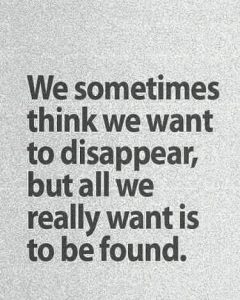
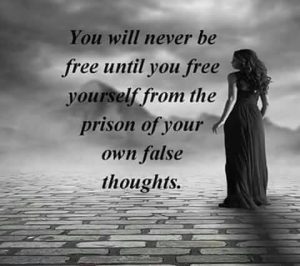
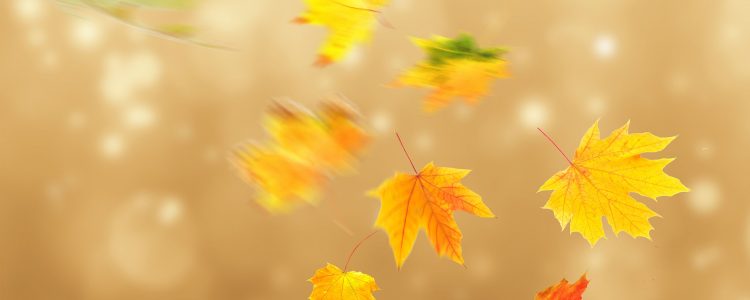
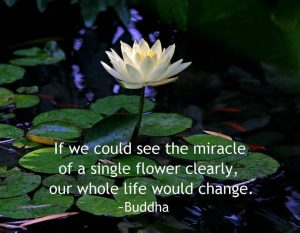
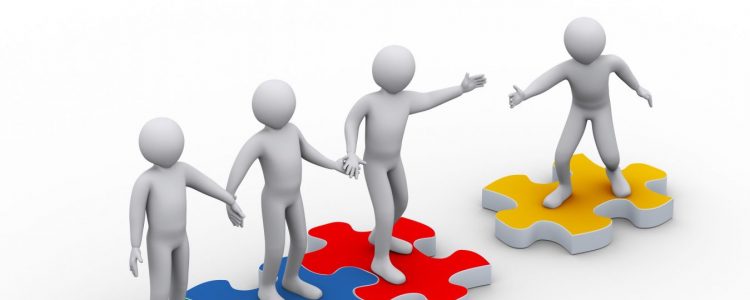

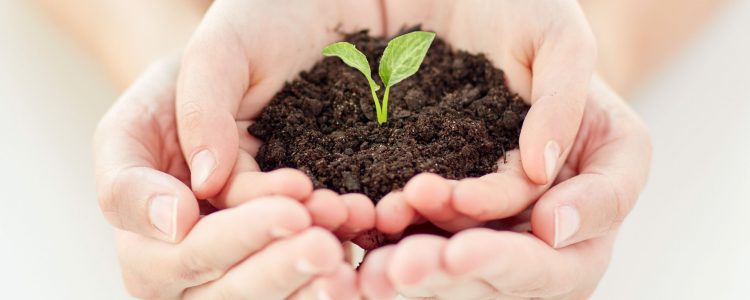
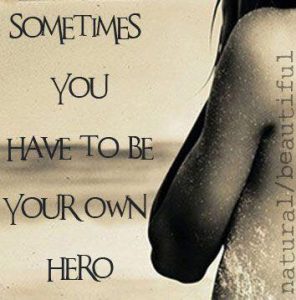

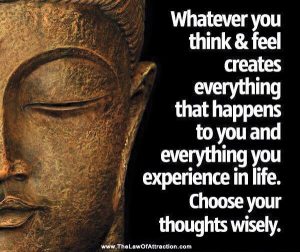
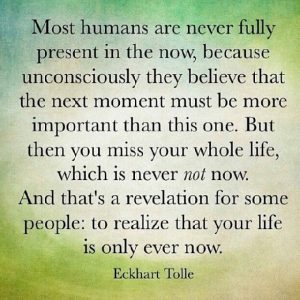

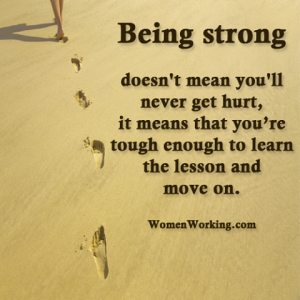
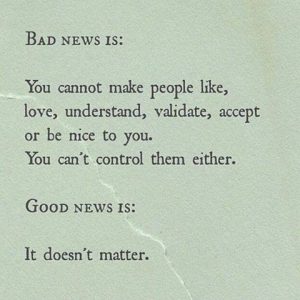
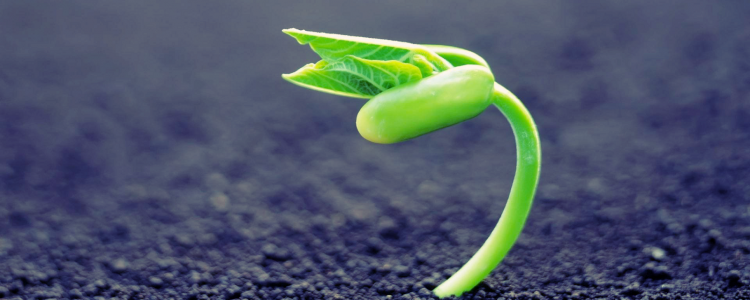
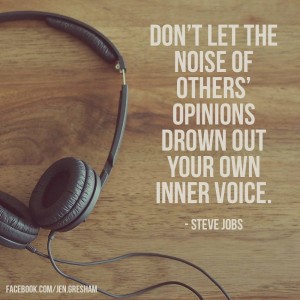
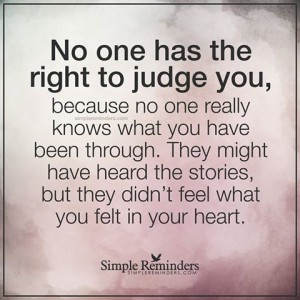
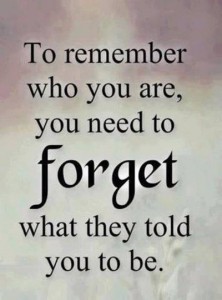
Recent Comments